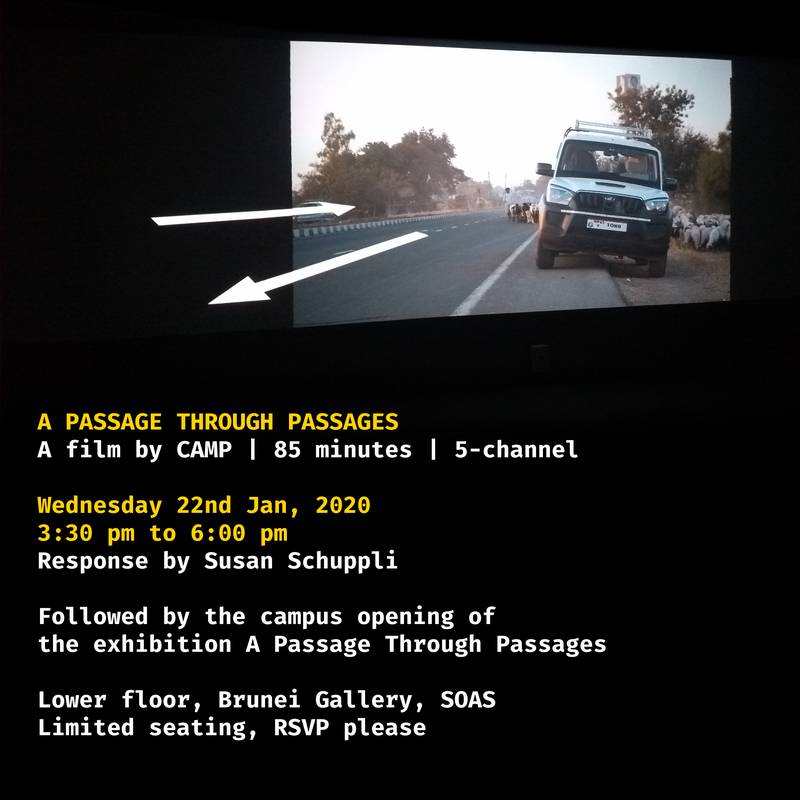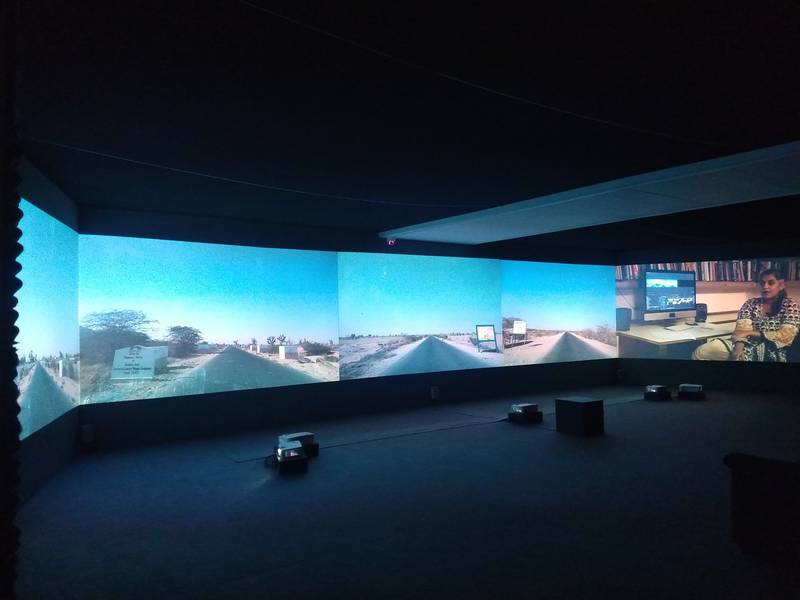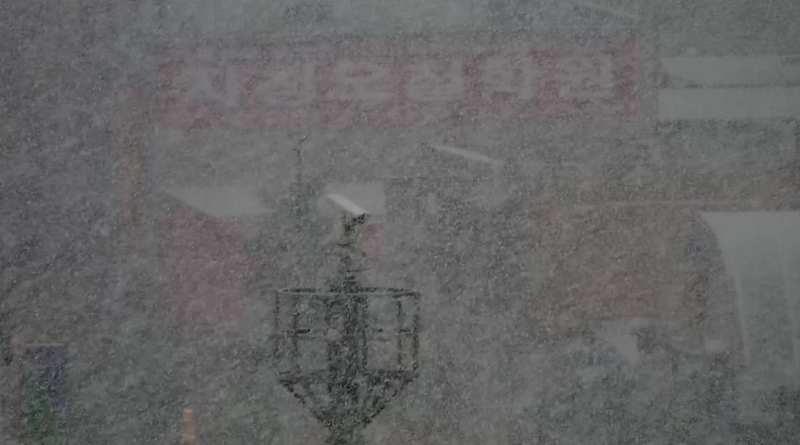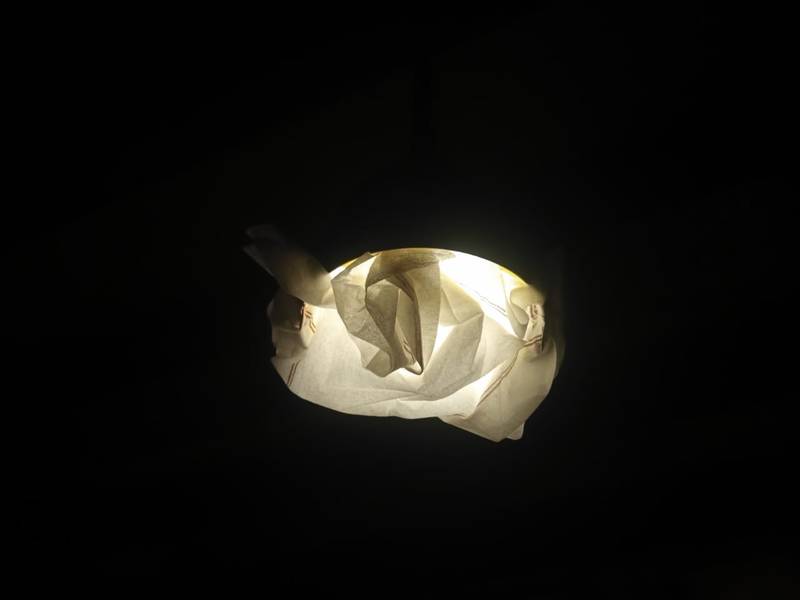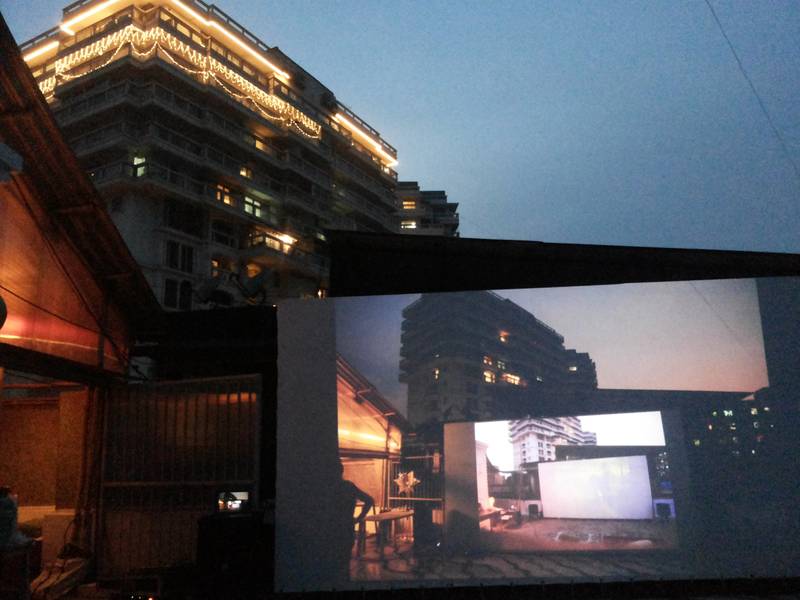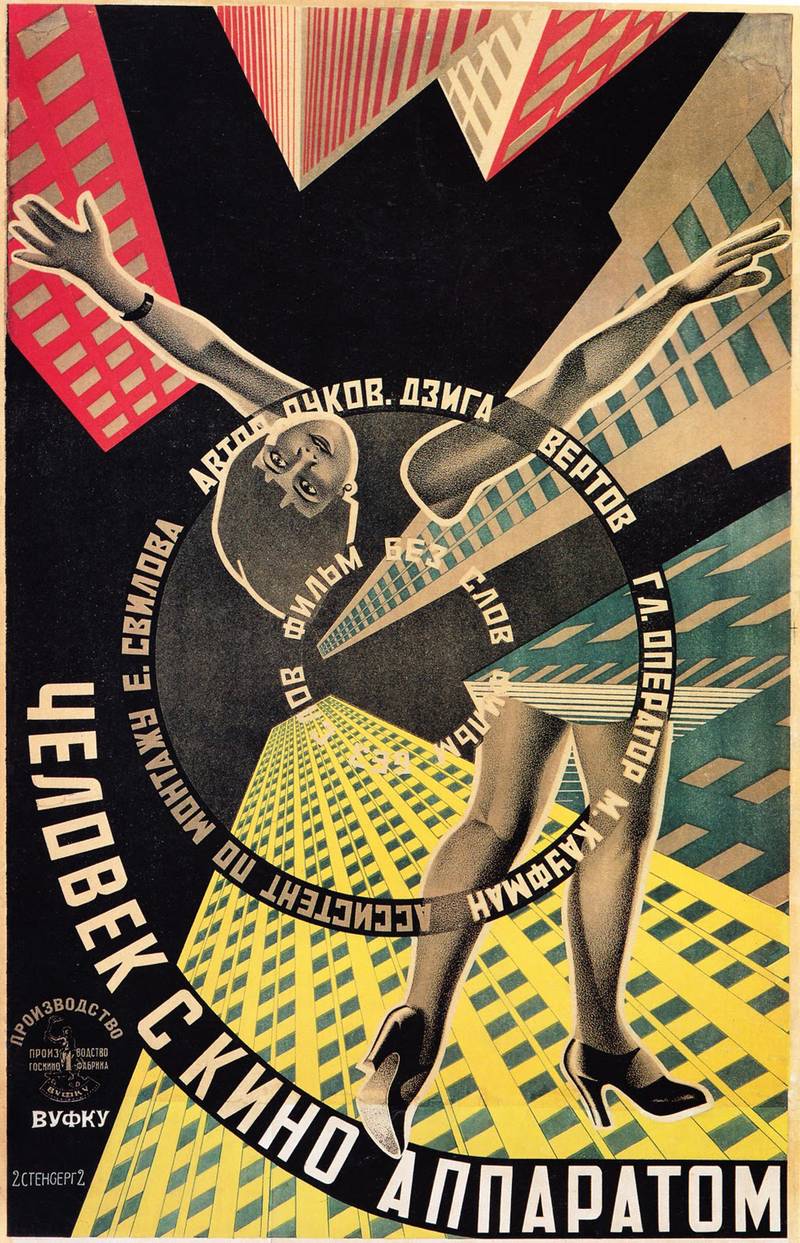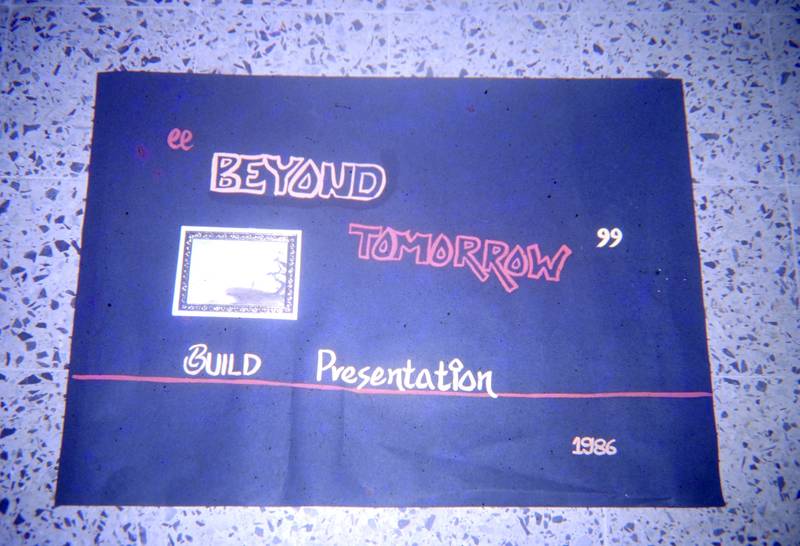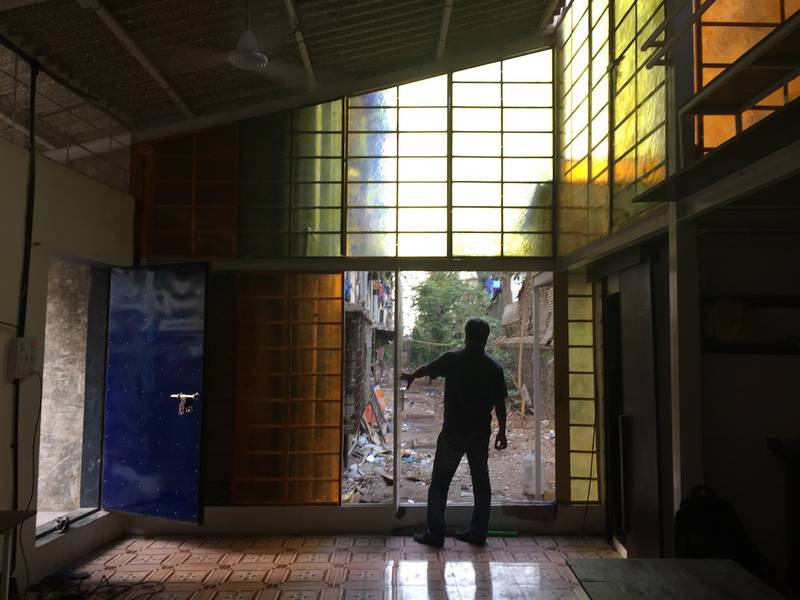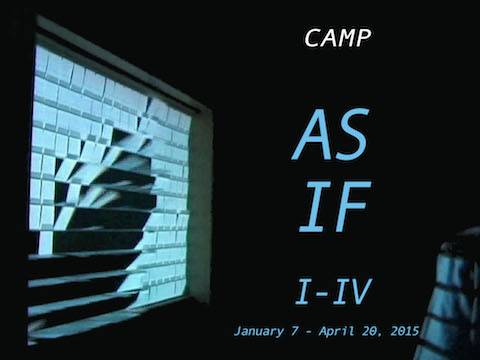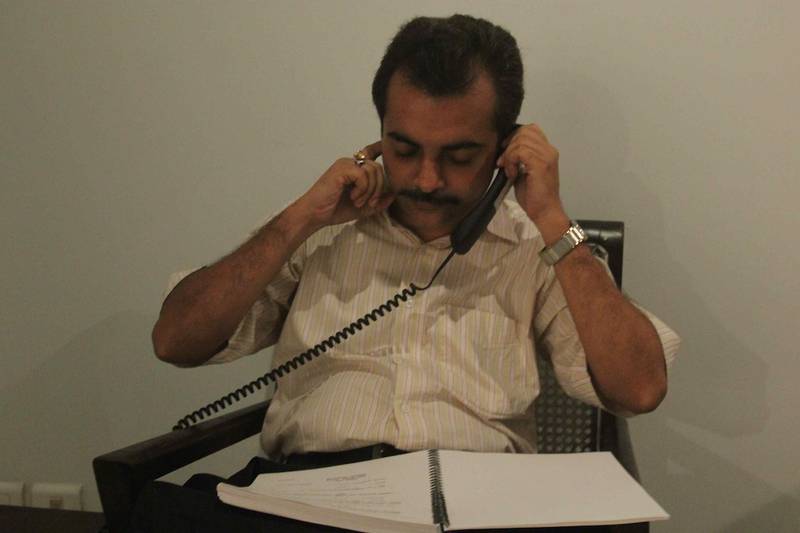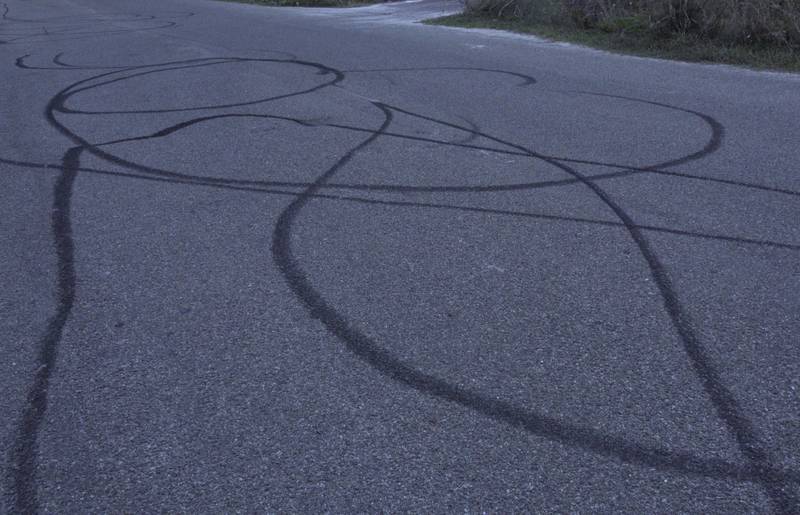
A Passage through Passages, 2020
Video project that takes us on new and recently rebuilt roads in Pakistan, Sri Lanka, the Maldives, and India. Endoscopic views from the interior of the road system, and of the interfaces through which pride, money, data, climate, and vulnerability are connected to it, heighten our sense of developmental possibility, failure, and the deep ambiguity of road achievements.
‘A Passage Through Passages’ is a collaboration with anthropologists, and draws upon ethnographic and archival work in five field sites. This film is part of Roads and the Politics of Thought, a 5-year ethnographic study of road-building in South Asia.
A 5-screen film, that was at the centre of an exhibition with the same name, that opened in January 2020 at SOAS, London.
A NOTE ON THE FILM BY CAMP
Two formal gestures foreground the film.
One is the idea of a faceted view in which you could be standing at one point, like the mysterious ‘zero-mile’ monument does in the middle of Nagpur city, and be simultaneously thinking of the town of Jabalpur and the now obscure village of Kowtah, probably often mistaken in people’s minds for Kota in Rajasthan, with one eye to Calcutta and the other to Bombay, a foot in a hundred-year colonial effort to map a territory called India, and another in the Indian nation today. The faceted view is an overlap, against the single space and time of the classical filmic / camera eye, and ‘after’ editing on the timeline. Sometimes, like in the now-classic Harun Farocki and Andrei Ujica film Videograms of a Revolution, it is about two cameras looking at the same event. More often in this film, it is about a multiplicity of journeys and resulting outward views: looking down the road, and the side of the road, while standing by the roadside, in 2017, again in 2019; turn, fold, glance, repeat.
The second idea has something to do with ‘endoscopy’. This is our name for the kind of tunnel vision produced by ubiquitous dash cams, go-pros and the like. In systems terms, they have a certain interior, encyclopaedic value. For example, that of having mapped out, as we did, the entirety of the A9 from Dambulla to Jaffna in Sri Lanka at 50 frames per second. This was a different journey from when Google’s streetview cars did the same in 2015, and some surprising comparisons can be made between the two.
Remember those cams in Russia which are widespread as a requirement for accident insurance, but also end up recording falling meteorites and wild animals. The point of the endoscopic view is that it is what the car sees. And bus, or truck. This roadiness leads to a peculiar kind of image: like a CCTV system does, or an intestinal probe. It has its own interests and fascinations that only sometimes overlap with those of humans. At the dawn of (the fantasy of) the self-driving car, and in the dense matrix of automated toll booths and new world infrastructure projects, the view from transport, quite literally, has something to say about the hopes and fears of this, let’s say, century.
A Passage through Passages takes a journey that no single person could today undertake, for reasons of national politics. It travels on both infamous and obscure roads, roads made as pride, as duty, as defence, as investment, as welfare and as oppression. The title of the project riffs on the classic Orientalist text A Passage to India, and says that here and now, the ethnographic questions overlap with systemic ones. It also contains an acknowledgement of networks beyond roads, of the ways in which for example, an Indian artist group followed an Italian ethnographer down a road in Madhya Pradesh, and tried to make something else of it.
The film begins in central India, rotating around the base of the Nagpur measurement tower and around ideas central to India post-independence: village development, volunteerism, planning, seva, shramdaan, and technological progress. Nagpur is a useful place to evaluate how these ideals look today, from a place that currently drives nation-state thinking on these issues.
Part 1 is about a toll road in Madhya Pradesh, and begins with the figure of foraging sheep, of free lunches by the roadside, and of the Raika, or sheepherders from Rajasthan who travel on this road among many others, tarred or not. It has events and flashes that are drawn from the above-mentioned Tommaso Sbriccoli’s five-day walk down the road. One flash takes place on Independence Day, where a group of toll-booth managers exhort the toll operators to not break the system, to think of the nation. The fact that the profit from this road goes into international finance networks remains unspoken and invisible at such times. Another flash occurred on an edit table, when a map from 1891 was overlaid onto a contemporary satellite image, and it snapped perfectly into place. Sometimes, facets turn out to be the same.
Part 2 was an insert or bridge about a place in western India very familiar to Edward Simpson, with whom we have travelled, near here, on more watery roads. The tale of the horse-riding Jakhs is a classic story of appropriation, but also a lesson in the ambiguity of images and icons. Images of mines and their aftermaths in Kutch take us over the border to Tharparkar, where in a very similar landscape, a brand-new Chinese funded mining project needed a new road. And from there to Sri Lanka, on the A9 to Jaffna both before and after the war, and from there to the new island-hopping roads of the Maldives. There is a small lesson there in the Addu Island story, from a casual and low-key biker ‘gang’, about how to use a road for pleasure. During our engagements with professional anthropologists on the project, we found them curious about and actively engaged in what one may call neighbouring contexts: Luke Heslop in Sri Lanka via his PhD work, Edward Simpson through a book or two in Kutch adjoining western MP, and Mustafa Khan in the so-near-yet-so-far Kutch, from the other side so to speak. In a way their interests had migrated from nearby worlds. This led us to think about the migrating voice and idea, or the one that is operable in more than one field site. Which, in turn, became important for the film in the ways in which understandings are relayed across these sites, i.e. a passing of the ball.
Who gets to think and talk about the whole? Coming from a film practice that has resisted voice-of-God narrators as well as essay-style author-driven voiceovers, we were interested to see what the distribution of speech and ideas looked like in the film. The distribution that is now present in the film is made up of about 20 voices, many of whom appear exactly twice, or in two different contexts. These people are, or play, novelist-editors, student-experts, ethnographer-bikers, planner-activists, villager- historians, actor-subjects, and more. They perform a spreading around of ideas and knowledges of the roads, beyond the studiers and the studied.
And, finally, to return to a technical point: this film is a composition made from diverse sources. It relays its debts and sources and wishes to be part of relays in turn. It is part of an ecosystem of thinking and images that is trans-geographical, and that must build its own roads, against the old ones of nation and empire.
ACKNOWLEDGEMENTS
At CAMP
Ashok Sukumaran Faiza Ahmad Khan Shaina Anand Simpreet Singh Zinnia Ambapardiwala Zulekha Sayyed
Sound Design Venkatesh Iyer
GFX Mubashir Niyaz
Color Correction Dwani Guru
Print Gurpreet Kaur
In Nagpur Hidayat Sami as Novelist Vishrut Landge as Highways consultant Shabnam Vadhera as Gadkari's Neighbour
Camera
Sunil Kumar
Simpreet Singh
In Ratlam Sameera Iyengar as Bureaucrat Ashok Sukumaran as Researcher Udit Parashar as Shopkeeper Indrani Misra as Financial Analyst Govind Kushwaha as Toll Collector Bhagat Singh as Supervisor
Camera
Raju Biswas
Ashok Sukumaran
Tommaso Sbriccoli
In Bhuj
Shabnam Vadhera as Gandhian
Edward Simpson as Anthropologist
Ishaque H Khalifa as Ex-miner
Rana Singh Sodha as Security Guard
Kumbhaji Hamir Pragji as Hamir Bhai
Hamir Pragji Jadeja as Hamir Bhai's son
Bhagu Prithvirajsinh Jadeja as Bhagu
Frankfinn Institute Trainee as Tour Guide
Camera Ashok Sukumaran Shaina Anand Tanmay Agarwal
Aftershocks: The Rough Guide to Democracy footage courtesy Rakesh Sharma.
In Thar Mohammed Iqbal Rahmo as Tailor Mustafa Khan as Anthropologist Shaina Anand as Development Specialist Hidayat Sami as Editor Allah Dino Shah as Patel of Rilo Rind Ayoub Memon as Local Historian Pratap Meghwal as Activist from Gorano Ashok Sukumaran as Speculator Dost Mohammed Halepota as Land Owner
Camera
Ali Rizvi
In Sri Lanka Chandrakagupta Thenuwara as Artist Vijay Nagaraj as Political Economist Indrani Misra as Journalist Vindhya Buthpitiya as Anthropologist Shrujana Sridhar as Photographer Sameera Iyengar as Tourist Simpreet Singh as Civil Engineer Joshua Thomas as Student Balasundaram Pillai as VC Jaffna University Ahilan Kadrigamar as Political Economist Deborah Menezes as Anthropologist Imparaj as RDA Engineer Luke Heslop as Anthropologist Shaina Anand as Filmmaker Tamil Eelam Police as Policeman
Camera
Shaina Anand
Ashok Sukumaran
Iffat Fatima
Deborah Menezes
LTTE camera persons
Special Thanks to Iffat Fatima for the footage archive from her film The Other Side Peace, 2005.
In Maldives Luke Heslop as Anthropologist Joshua Thomas as Biker Shrujana Sridhar as Lubna Hawwa Ashok Sukumaran as Environmentalist
Bikers Waail Robbey Nafiu De Yeste Sarre De Yeste Shinaaz Saadhi
Camera
Pooja Sharma
Ashok Sukumaran
Thanks Subhadra Anand, Srinivas Chokkakula, Khalid Chauhan, Gillean Dickie, Jan Gerber, Jan Ramesh se Saram, Natasha Ginwala, Ahilan Kadrigamar, Siddhant Karnick, Sandeep Mhatre, Baby Narayan More, Sameep Padora, Sairaj Patil, Sharmini Perera, Nada Raza.


















